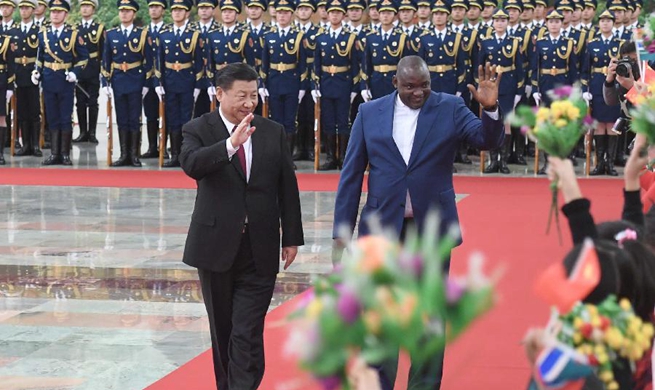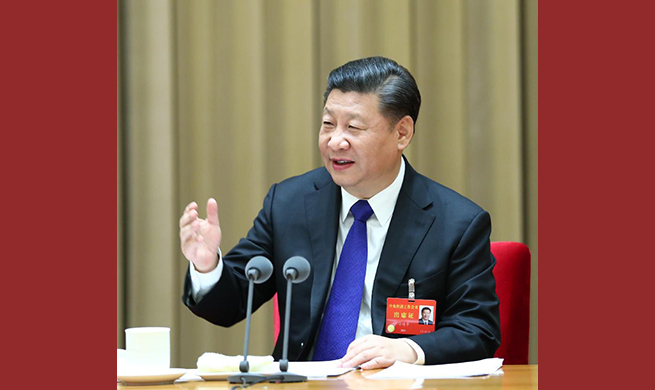WASHINGTON, Dec. 21 (Xinhua) -- The U.S. tax overhaul bill, approved by Congress this week, will only provide a "short-term minor boost" to the economy as it fails to address the nation's economic, social, and political issues, billionaire hedge fund manager Ray Dalio said on Thursday.
"While the tax bill will stimulate growth in the short term, we won't get much long-term mileage out of it in comparison to paths to direct stimulus spending to areas that hit the core issues holding back U.S. productivity," Dalio, founder of the world's biggest hedge fund Bridgewater Associates, said in a LinkedIn post.
"The reforms to the structure of corporate taxes at the core of the bill will certainly make the U.S. a more attractive environment to do business, but the impact of those changes is likely to be small relative to the improvement that could be achieved by investing more in things like infrastructure and education," he argued.
Dalio also said U.S. politicians have failed to make crucial decisions based on the good of the whole, and the tax bill will widen a wealth disparity between the bottom 60 percent and the top 40 percent of the population.
"There's a war going on, and biases are entering into the choices being made so there is not decision-making based on what is good for the whole so much as decision-making based on what one group that has more power wants relative to what the group that has less power wants," he said.
While the Trump administration and congressional Republicans have touted the tax bill as once-in-a-generation opportunity to overhaul the U.S. tax system, Dalio believed the legislation failed to address the fundamental issues of the country.
"So we'll do the tax adjustment tweak and the regulatory tweak - a little bit here and a little bit there - but we won't change things materially. In other words, the headline is that we're still not dealing with the bigger issues," he said.
The U.S. Congress on Wednesday finally passed the 1.5-trillion-U.S. dollar tax cuts package with corporates and the wealthy among major beneficiaries, despite concerns that the package would widen income inequality and swell public debt.

















